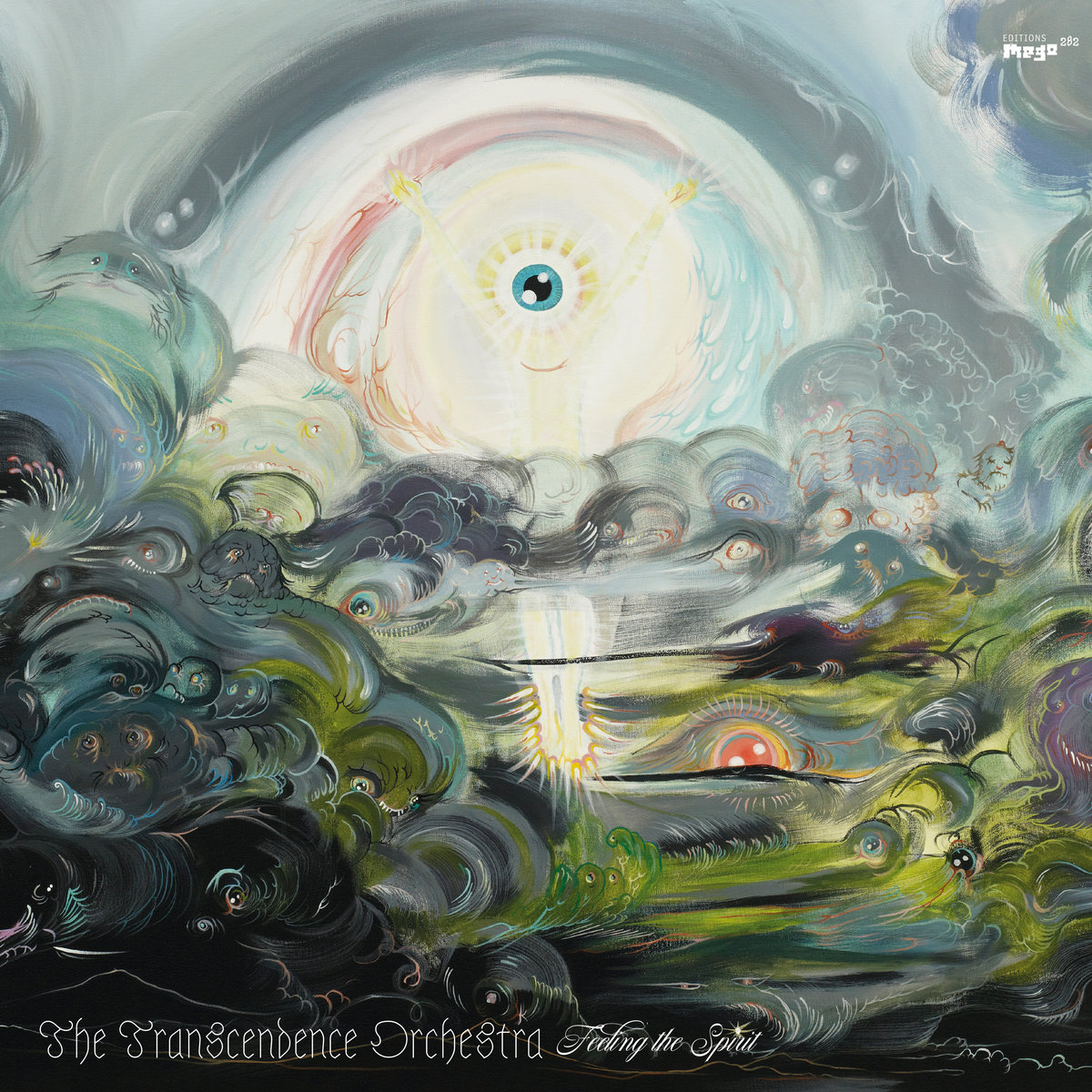"God has spoken to mankind in many languages" wrote Rabbi Jonathan Sacks, who passed away earlier this week. Rabbi Sacks's observation is rather prescient. Although for some this sort of remark conjures thoughts of universalism, I believe it is in fact saying something quite different. If God is there, and if he is a communicative presence, it only stands to reason that he will speak to people in a way that they can understand. Why else would he even bother to try?
 We wander through the world endlessly, daily confronting its prisms of space, time, and causality, constantly wrestling to reconcile the joy of existence with the inevitability of its end. We may wonder about God, we may not. Either way, we face the inexorable fact of our life and being in the face of its mortality. And we all step into our contingencies differently. All of us.
We wander through the world endlessly, daily confronting its prisms of space, time, and causality, constantly wrestling to reconcile the joy of existence with the inevitability of its end. We may wonder about God, we may not. Either way, we face the inexorable fact of our life and being in the face of its mortality. And we all step into our contingencies differently. All of us. Hence, it is no surprise that God speaks to us differently. Even if we insist we can't hear him. For that is the point: whether or not we believe it, this world could not be as it is--personal, purposeful, communicative--without a language of transcendence pervading it.
No comments:
Post a Comment